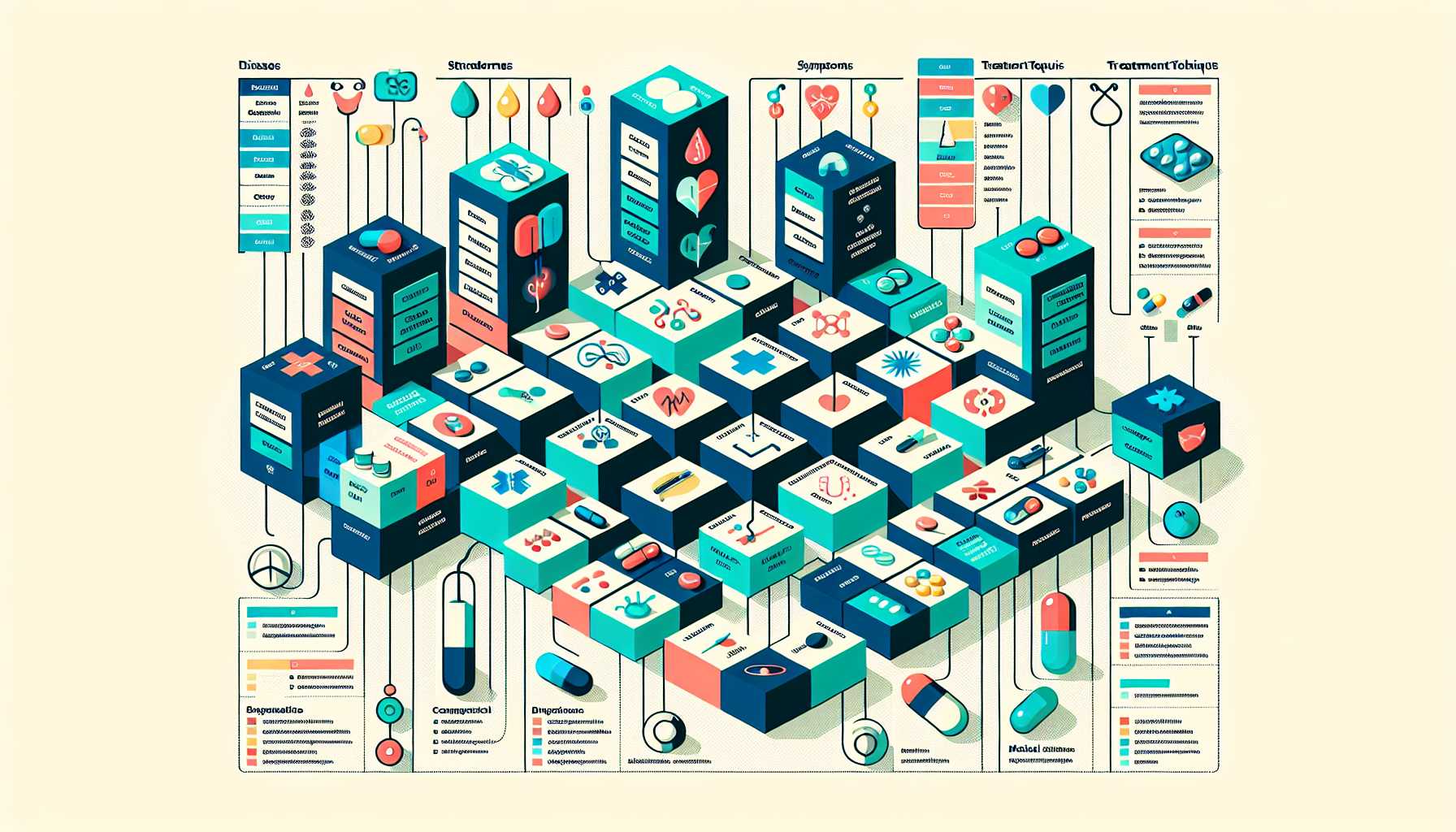The Data Sharing Tangle in UK’s Healthcare Transformation
In the picturesque land of the United Kingdom, seeking medical advice used to be a matter of strolling down to your local NHS-funded clinic. However, times have changed, and the way Britons now interact with their general practitioners (GPs) feels more like a tech-savvy, data-driven hustle in cyberland.
The big buzz hovering over the UK’s primary healthcare sector is the growing reliance on third-party software for managing and triaging patient appointments. With GPs overwhelmed and the government cranking up the pressure, these digital tools seem like a lifeline to handle incoming cases. The catch? Patients’ personal data now make pit stops in the servers of companies like Klinik, Econsult, and Patchs Health. It’s a paradox where trying to maintain the NHS’s foundational ethos of universal care suddenly collides with privacy concerns and a private sector’s growing appetite. Data spreads like wildfire, and the risk of it leeching into less scrupulous hands always looms large.
The Holy Grail of Health Data and AI’s New Playground
Let’s talk about the Holy Grail of data that the NHS is sitting on. My tech enthusiast friends, picture decades of comprehensive, standardized records ripe for the picking by algorithms hungry for insights. Talk about structured clinical terminology like SNOMED and READ; these aren’t just fancy acronyms but the lingo shaping the future of AI in healthcare.
Amid this data bonanza, AI is tiptoeing into healthcare, seeking to innovate but also stirring a broth of contention concerning patient privacy. This is deeply technical and equally complicated, as it touches the core of what AI can and cannot accurately interpret. What’s fascinating is how neatly structured UK patient data is, making it an analytics dreamland compared to the less orderly data jungles elsewhere.
The Klinik Case: No Data, No Doctor?
When I decided to experiment with the appointment system using Klinik’s AI triage platform, it was a revelation – not for the service it provides, but for the stark realization: “No personal data, no doctor.” Giving access to my data felt like the only key to unlock a chat with my GP. Digital triaging services have swept through the NHS, aiming to ease the strain on its shoulders. But as we step further into this automated terrain, we risk stumbling over the very ethics that define patient care.
The PSVR2 Dilemma: A Stumble in the Virtual Realm
Diving into gaming realms, the PlayStation VR2’s struggle narrates a different tale of anticipation gone cold. Despite being an advanced piece of hardware, the expected spectacle turned into a sobering stockpile of unsold dreams. Sony’s foray into enhanced virtual reality gaming appears to be at odds with consumers’ willingness to jump onboard. A cocktail of high price points, a lack of blockbuster VR titles, and restrictive console exclusivity has left PSVR2 grappling with a lukewarm market response. This prompts a key discussion in the tech world: Balancing innovation with consumer adoption is as tricky as performing a high-wire act in a VR circus.
The Question of Data Ethics and Profits in Healthcare and Gaming
As a tech investor and someone deeply embedded in the pulsating heart of this industry, these stories unfold as cautionary tales. They exemplify the fine line we walk between leveraging data for the greater good and the relentless pursuit of profits that reach beyond the ethical horizon. In healthcare, the mining and analyzing of data must be done with the rigor of a surgeon’s hand. As for our gaming adventures, the zeal to push the boundaries of technology should never eclipse the actual needs and wants of the gaming community.
The NHS’s dive into the private technology sector and Sony’s virtual reality aspirations both ring a familiar bell in my mind. It’s an urgent reminder that in this whirlwind of innovation and digitization, our core values must not be left behind. As we chart courses through these digital frontiers, let us remember that whether we’re talking about patient data or the next-gen gaming experience, the human element must always remain front and center.





